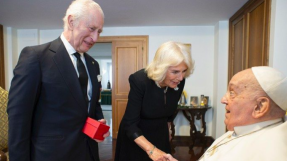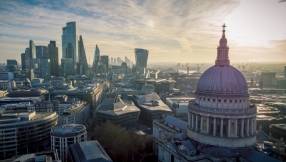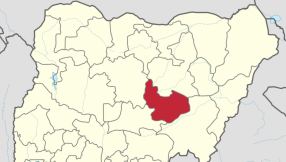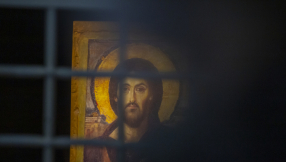Vietnam: Thousands turn out to hear Gospel through Luis Palau
On Saturday, three hours before the event was to begin, they received permission to hold the festival in a soccer stadium rather than at an open field as requested.
“I am humbled to take part in this historic effort in Vietnam,” said Palau, in a statement Monday. “The Christian community here is so passionate, so patriotic, so optimistic, and so excited for the future of the nation. It is thrilling to see. We love Vietnam and we are overjoyed. We look forward to many years of service to the nation, as God allows.”
Palau, joined by his son Andrew Palau, preached at the festival on April 9 and 10 in Ho Chi Minh City (formerly Saigon) to mark the nation’s 100 year celebration of the Protestant church in Vietnam. Thousands of people reportedly made commitments to Jesus Christ, according to the Luis Palau Association.
It was the first time in Vietnam’s history that an international Christian leader was able to preach the Gospel to such a large audience since 1975, when the country became communist.
“We are so excited to have Dr Palau with us in Vietnam,” said the Rev Ho Tan Khoa, one of the top Protestant church leaders in Vietnam. “He is a pioneer – serving the Church and guiding us in wonderful evangelistic events.”
Palau has been invited to Hanoi, Vietnam’s capital city, to hold similar evangelistic events on April 15 and 16. National church leaders are still trying to secure government approval for the festival. There are also plans for the Oregon-based evangelist to preach in Danang and Hanoi in June.
Protestant Christians make up about 0.5 per cent of Vietnam’s population of 90 million. Catholics make up 6.7 per cent.
Under Vietnamese laws governing religion, the freedom to worship is seen as a privilege instead of a fundamental human right.
The atheist communist government started allowing religious practices in the early 1990s, but only for groups that had registered with authorities. Even so, authorised groups had to operate under official guidelines.













